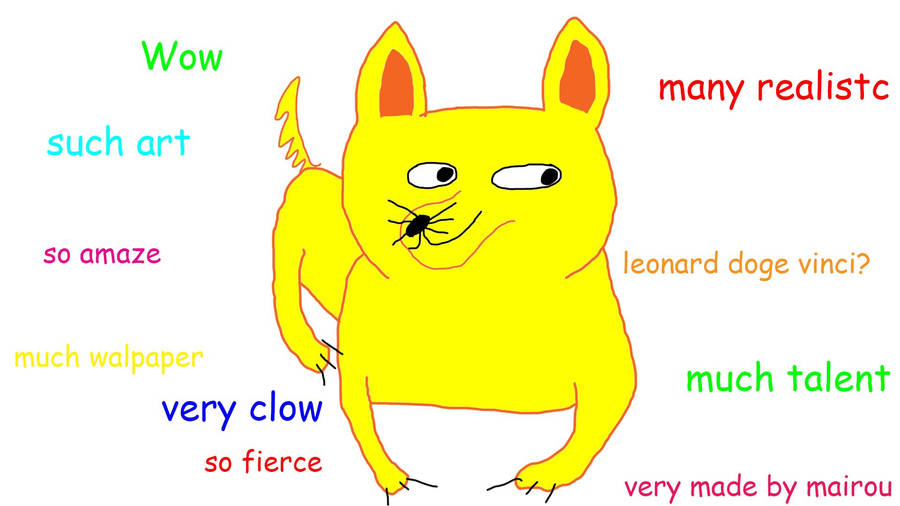What do you think?
Rate this book


102 pages, Paperback
First published December 1, 1853
鈥淣ada exaspera m谩s a una persona seria que una resistencia pasiva. Si el individuo resistido no es inhumano y el individuo resistente es inofensivo en su pasividad, el primero, en sus mejores momentos, caritativamente procurar谩 que su imaginaci贸n interprete lo que su entendimiento no puede resolver.鈥�Y he pensado si no ser谩 esto mismo que sentimos ante el cuento lo que siente el abogado ante su subordinado Bartleby.
芦Hablar -parecen indicarnos tanto Wakefield como Bartleby- es pactar con el sinsentido del existir. En los dos habita una profunda negaci贸n del mundo.禄Y entre el "negar al mundo" del escribiente y la reacci贸n melanc贸lica y de sincera l谩stima ante la desolaci贸n de Bartleby del abogado, no hay color.



Dead letters! does it not sound like dead men? Conceive a man by nature and misfortune prone to a pallid hopelessness, can any business seem more fitted to heighten it than that of continually handling these dead letters, and assorting them for the flames? ... a bank-note sent in swiftest charity:鈥攈e whom it would relieve, nor eats nor hungers any more; pardon for those who died despairing; hope for those who died unhoping; good tidings for those who died stifled by unrelieved calamities. On errands of life, these letters speed to death.Gah! Those last lines killed me!
"13 For now should I have lain still and been quiet, I should have slept; then would I have been at restJob 3:13-15 (KJV) - It's a reference not just to death, but to a certain equality men have in death, despite their differences in worldly fortunes. Food for thought, like so much of this story!
14 with kings and counselors of the earth, who built desolate places for themselves,
15 or with princes that had gold, who filled their houses with silver"
丌賴賺 賷丕 亘丕乇鬲賱亘賷! 丌賴賺 兀賷鬲賴丕 丕賱廿賳爻丕賳賷丞!
But I would prefer not to.I could urge you to frame that calamitous Bartleby whose 'selective' inveterate muteness is either enhancing your tolerance reserves or sharpening your fighting skills.
But I would prefer not to.I could exhort you to unsuccessfully debase this Bartleby鈥檚 assiduity in light of his proven peculiarity.
But I would prefer not to.I could ask you the reason behind your acquiescence of this Bartleby's presence in your life and compel you to accept this Bartleby's apparent expertise in disarming your faculties.
But I would prefer not to.I could challenge you to tear open your heart and then smirk at the sight of Bartleby's shades in it.
But I would prefer not to.I could ask you to stop reading this annoying review right now and instead read the amusing novella by Herman Melville chartering the life of a benevolent employer and his eccentric scrivener, Bartleby.
But I would prefer not to.

...happiness courts the light, so we deem the world is gay; but misery hides aloof, so we deem that misery there is none. (15)
Conceive a man by nature and misfortune prone to a pallid hopelessness, can any business seem more fitted to heighten it than that of continually handling these dead letters, and assorting them for the flames? (30)
I can see that figure now鈥攑allidly neat, pitiably respectable, incurably forlorn! (7)

The unnamed first-person narrator is an elderly gentleman who owns a law firm on Wall Street. He has two scriveners (scribe/clerk) working for him, along with an office boy. However, when the work gets hectic, he decides to hire another scrivener.
Enter Bartleby 鈥� a pallid young man who does his copy work most meticulously. But he has a 鈥渇law鈥�. Whenever he is asked to do anything outside of his core duty, he replies, 鈥业 prefer not to.鈥� The narrator is in turn flummoxed and frustrated and furious, but as Bartleby does his copy work well, he is still retained in employment. As time passes by, Bartleby鈥檚 鈥減references鈥� become even more restrictive. How will the owner tackle such dogmatic yet polite refusals to work?